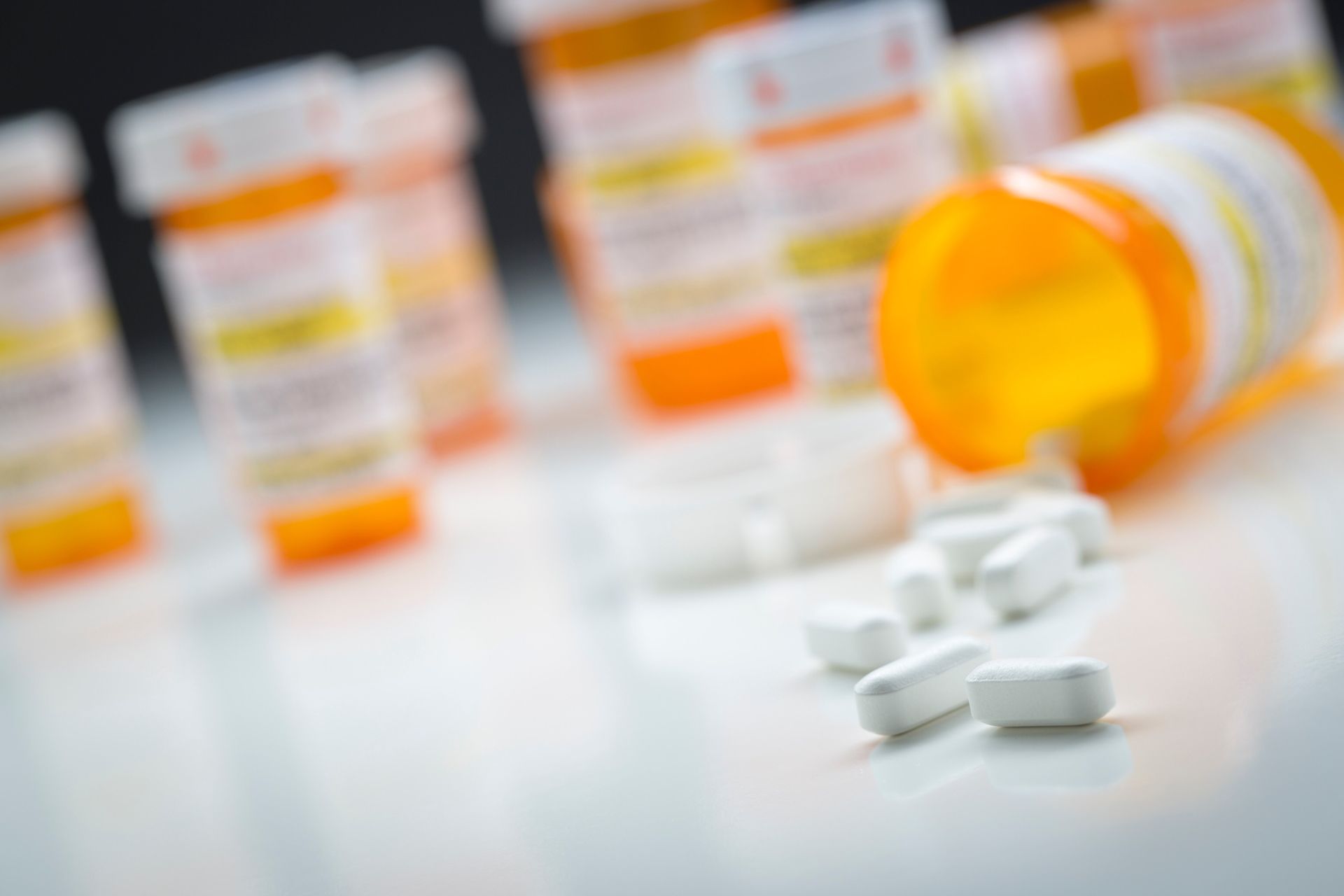October 1, 2024
Drug crimes in Indiana are taken very seriously, and being charged with a drug offense can have significant consequences, including hefty fines, imprisonment, and a permanent criminal record. Whether the charge is for possession, distribution, or manufacturing, the penalties can vary widely depending on the type and amount of the controlled substance involved, as well as the circumstances of the offense. If you or someone you know is facing drug charges in Indiana, it’s essential to understand your rights and what you’re up against. In this post, we’ll discuss the types of drug crimes in Indiana, potential penalties, and legal defenses that may be available to you. Types of Drug Crimes in Indiana Indiana law divides drug offenses into several categories based on the type of activity involved. Common drug crimes include: Drug Possession Possession of a controlled substance is one of the most frequently charged drug offenses. It involves having a drug on your person or within your control. Possession can be charged as a misdemeanor or felony depending on the type and amount of the drug. Indiana also has separate charges for possession of drug paraphernalia, which includes items used to consume, store, or manufacture drugs. Possession with Intent to Distribute Possession with intent to distribute is a more serious offense than simple possession. It indicates that the person had the drug with the intention to sell or distribute it to others. Factors that may suggest intent to distribute include the quantity of the drug, possession of scales or baggies, and large amounts of cash. Drug Trafficking and Distribution Trafficking and distribution involve the sale, transportation, or delivery of controlled substances. Trafficking charges often carry harsher penalties than possession charges, especially if the offense involves crossing state lines or distributing drugs near schools or other protected areas. Manufacturing and Cultivation Manufacturing or cultivating drugs refers to the process of producing controlled substances, such as growing marijuana plants or operating a methamphetamine lab. These charges are typically felonies and can result in severe penalties. Drug Conspiracy A conspiracy charge means that a person is accused of planning with others to commit a drug crime, even if the crime was not completed. This charge allows law enforcement to target people who they believe are involved in the drug trade, even if they don’t have drugs in their possession. Prescription Drug Fraud Obtaining or attempting to obtain prescription drugs through fraudulent means—such as forging a prescription or “doctor shopping”—is a serious offense. Prescription drug abuse is treated just as seriously as illegal drug possession in Indiana. Indiana Drug Schedules Indiana categorizes drugs into different “schedules” based on their potential for abuse and accepted medical use. The schedules are modeled after the federal Controlled Substances Act and range from Schedule I (the most dangerous) to Schedule V (the least dangerous). Understanding the schedule of the drug involved in your charge is critical, as it influences the severity of the penalties. Schedule I: Includes drugs with no accepted medical use and a high potential for abuse, such as heroin, LSD, and ecstasy. Schedule II: Includes drugs with some accepted medical use but a high potential for abuse, such as cocaine, methamphetamine, and certain prescription opioids. Schedule III: Includes drugs with a moderate to low potential for physical dependence, such as anabolic steroids and certain barbiturates. Schedule IV: Includes drugs with a low potential for abuse and accepted medical use, such as Xanax and Valium. Schedule V: Includes drugs with the lowest potential for abuse, such as cough medicines with codeine. Penalties for Drug Crimes in Indiana The penalties for drug crimes in Indiana depend on several factors, including the type and schedule of the drug, the amount involved, and whether the offense involved distribution or manufacturing. The penalties can range from a misdemeanor to a high-level felony, with the potential for mandatory minimum sentences for more serious offenses. Possession of Marijuana For small amounts (less than 30 grams), possession is typically a Class B misdemeanor, punishable by up to 180 days in jail and a fine of up to $1,000. Larger amounts or subsequent offenses can result in felony charges and harsher penalties. Possession of a Controlled Substance Possession of drugs like heroin, cocaine, or methamphetamine can result in a Level 6 felony, punishable by 6 months to 2.5 years in prison and up to $10,000 in fines. For larger amounts, the charge may be upgraded to a higher felony level with more severe penalties. Manufacturing or Distributing Drugs Manufacturing, delivering, or financing the delivery of controlled substances is typically a felony. For example: Level 4 Felony: 2 to 12 years in prison and fines up to $10,000 for manufacturing or distributing controlled substances. Penalties increase significantly if the offense occurs near a school, park, or other protected area. Drug Trafficking Drug trafficking charges are some of the most serious and often involve federal charges if the offense crosses state lines. Penalties can include lengthy prison sentences, sometimes up to life imprisonment, depending on the circumstances. Prescription Drug Offenses Penalties for prescription drug fraud can range from a misdemeanor to a high-level felony, depending on the amount and type of drug involved. Potential Defenses for Drug Crimes in Indiana If you’re facing drug charges in Indiana, it’s crucial to work with an experienced criminal defense attorney who can assess your case and identify the best defense strategy. Some common defenses include: Lack of Possession or Control You may be able to argue that the drugs were not actually in your possession or control. For example, if you were unaware that the drugs were in a shared vehicle or residence, this could be a viable defense. Unlawful Search and Seizure If the police violated your Fourth Amendment rights by conducting an unlawful search or seizure, any evidence obtained (such as drugs found in your car or home) may be excluded from the case, potentially resulting in a dismissal of charges. Entrapment If law enforcement induced you to commit a drug offense that you would not have otherwise committed, you may have a defense of entrapment. Lack of Intent Some drug charges, such as possession with intent to distribute, require proof that you intended to sell or distribute the drugs. If there is no evidence of intent, the charges may be reduced. Prescription Defense If you are charged with possession of a controlled substance, you may be able to show that you had a valid prescription for the medication. How The Law Office of Gary M. Selig Can Help If you are facing drug charges in Indiana, it’s essential to seek legal counsel immediately. At The Law Office of Gary M. Selig, we have extensive experience defending clients against a wide range of drug-related offenses. Our team will thoroughly investigate your case, challenge the prosecution’s evidence, and work to achieve the best possible outcome. Contact us today to schedule a consultation. We are here to protect your rights and provide the skilled legal representation you need.



